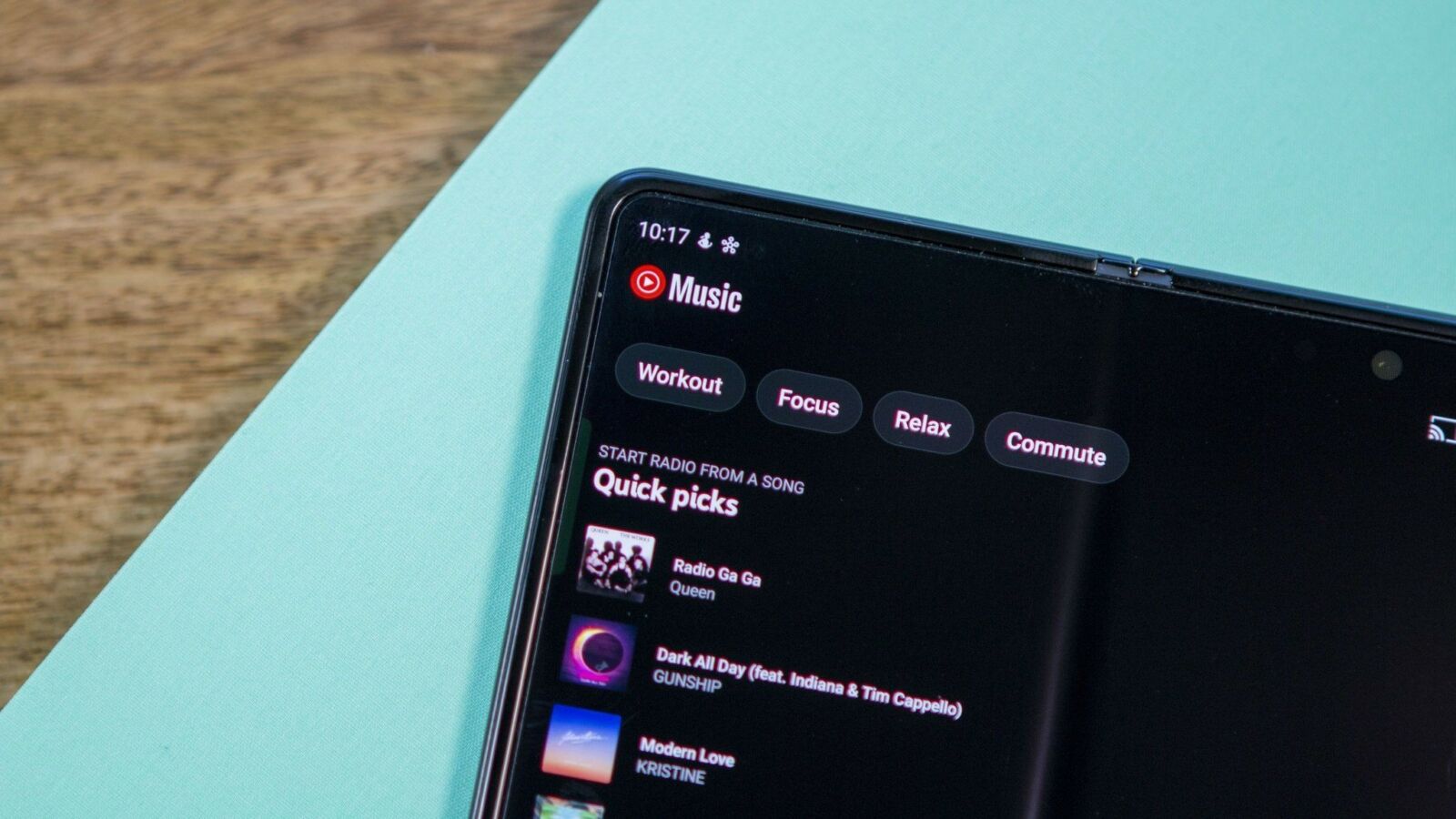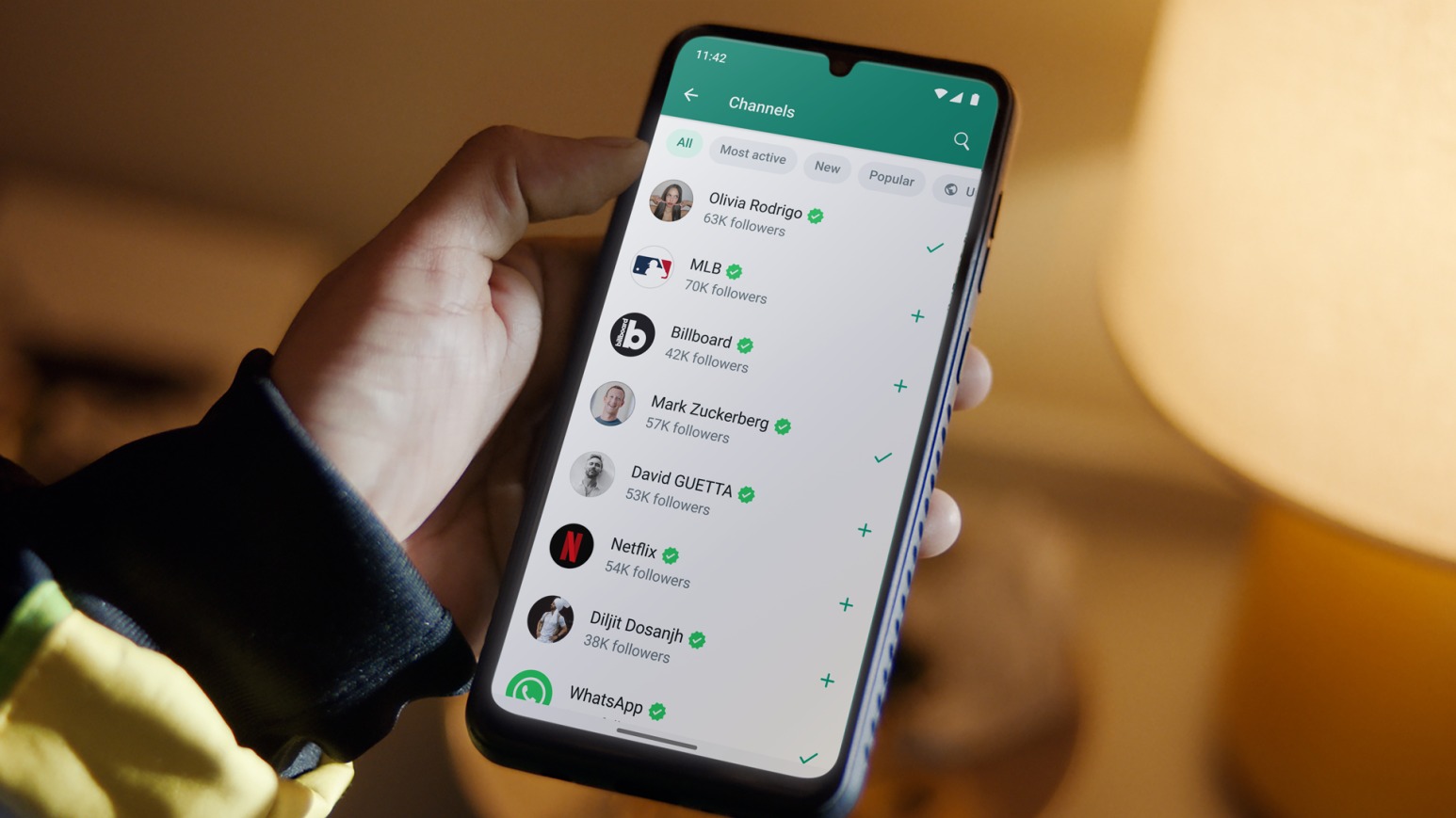What you need to know
- Google released a case study on Meta’s internal Android OS adoption, highlighting the company’s Android OS Readiness Program.
- It’s a rare look into one of the biggest tech companies in the world, and how Meta ships Android app updates quickly.
- Other apps might follow Meta’s lead as they look to update their software in advance of Android 15’s public launch.
The first developer previews of Android 15 are already out, which means developers are quickly looking to make sure their apps are ready for the new operating system’s release. However, not every app is updated and optimized for the latest version of Android immediately when it is released. These updates take time, but Meta found a way to make them quicker. That’s why Google released a case study shedding some light on the company’s internal processes.
According to the study (via 9to5Google), it took Meta only one or two months to release updates to its core apps after the Android 14 AOSP was released. That includes major social media and communication apps like Facebook, Instagram, Threads, and Messenger.
Meta certainly has many developers working on updates, but that speed is unprecedented, even for a company of Meta’s scale. Google says it took Meta seven to nine months to target Android 12. In total, Meta’s efforts increased theirvelocity towards targetSDK adoption by four times over, the report notes.
To achieve this level of efficiency, Meta created the Android OS Readiness Program. It’s a series of steps that reduces the time it takes to prepare updates and tests for new operating systems and speeds up deployments.

Meta was inspired to start the Android OS Readiness Program after it experienced issues with Android 11. “When Android 11 launched, some of Meta’s apps experienced challenges with existing features, such as Chat Heads, and with new requirements, like scoped storage integration,” the report states. Fixing these issues was complicated by slow developer tooling adoption and a decentralized app strategy.
The team at Meta automated the process for preparing SDK releases, cutting the time from three weeks to three hours. This level of automation allowed Meta to test updates to their apps with each beta version of Android 14. Since it only takes hours to prepare a release, it’s far easier to test and troubleshoot before an operating system launches publicly. According to Meta and Google, that’s how updates to Facebook, Instagram, Threads, and Messenger were ready in a matter of weeks.
The good news is that since this process derives from automation, smaller development teams can take advantage of it. Google wants other app developers to follow in Meta’s footsteps to centralize and automate their development process.
If the developers buy-in, it could mean that users experience Android apps optimized for Android 15 as soon as it is released or shortly after.










*Notes that the article was posted just as Facebook and Facebook Messenger have gone down*
Reply
And Instagram which is part of them
Reply
I don’t use that or their other services, but not surprised. Then again I was able to just log in, so hopefully things are clearing up.
Reply
Yeah seems to be back for me as well
Reply